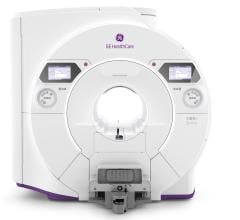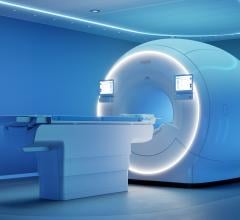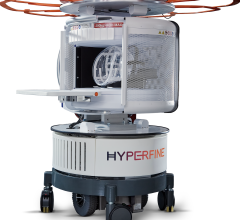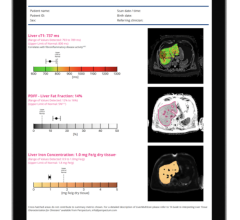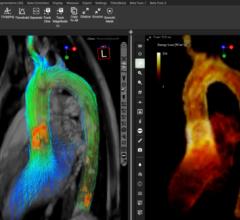March 31, 2008 - The direct renin inhibitor aliskiren was found to be as effective as the angiotensin receptor blocker, losartan, currently considered the gold standard for regressing left ventricular hypertrophy (LVH), according to results from the ALLAY (The ALiskiren Left Ventricular Assessment of HypertrophY) presented today at the American College of Cardiology's 57th Annual Scientific Session (ACC.08).
Many patients with hypertension develop increased heart mass, known as LVH, which is a marker of cardiac end-organ damage and a powerful predictor of adverse outcomes.
In the ALLAY trial, conducted at 77 centers in eight countries, researchers aimed to determine whether aliskiren, alone or in combination with losartan, was more or as effective as losartan in reducing LVH in overweight hypertensive patients. After screening 1,086 patients, they randomized 460 hypertensive patients with a body mass index (BMI) greater than 25 kg/m2 and evidence of LVH to one of three treatment arms: aliskiren 300 mg per day (n=154), losartan 100 mg per day (n=152), or aliskiren 300mg per day plus losartan 100mg per day (n=154), with all patients being treated to blood pressure targets. Treatment with the study drug was continued for 36 weeks.
Researchers compared changes in left ventricular mass index (LVMI) as assessed by cardiovascular magnetic resonance imaging (MRI) between baseline and 36 weeks. The researchers also looked at changes in left ventricular volumes, 24-hour ambulatory blood pressure and ECG voltage during the same 36-week period.
Aliskiren was as effective as losartan in reducing left ventricular mass, which was improved significantly in all treatment groups after nine months of therapy. The degree of left ventricular mass reduction was numerically greater in the combination arm, but it failed to reach statistical significance. Aliskiren, either alone or in combination with losartan, was very well tolerated with no differences in adverse events between groups and a very low level of adverse events. There were no increases in hyperkalemia, hypotension or renal dysfunction in patients receiving aliskiren either alone or in combination.
"Aliskiren inhibits the renin-angiotensin-aldosterone axis at the beginning of the cascade. It is likely that patients would derive many of the same benefits from inhibiting the renin angiotensin system at this step as they do with inhibition at more proximal steps in the system," said Scott Solomon, M.D., of Brigham and Women's Hospital and Harvard Medical School, and lead author of the study. "Moreover, inhibiting the renin-angiotensin-aldosterone (RAAS) system with ACE inhibitors or angiotensin receptor blockers results in reflexive rises in plasma renin activity. This provides a rationale for combining a renin inhibitor with another inhibitor of the renin-angiotensin-aldosterone system, as aliskiren has been shown to reduce plasma renin activity either alone or when combined with other RAAS-blocking drugs. Because treatment of hypertension can be difficult, physicians and patients will benefit from additional agents that can not only lower blood pressure, but can affect the end-organ damage that hypertension causes."
"These data suggest that aliskiren, which is the first orally active direct renin inhibitor and is currently approved for treatment of hypertension, is as effective as an angiotensin receptor blocker for reducing left ventricular mass. Along with other recently reported studies with aliskiren showing incremental benefits in reducing abnormal protein excretion in the urine (proteinuria) in diabetic patients and improvements of indicators of heart function in heart failure patients, these data suggest that aliskiren is efficacious for end-organ protection, beyond just blood pressure reduction."
The patients in this study were relatively well-controlled hypertensives and thus the overall degree of blood pressure lowering observed was moderate. "It is conceivable that treating patients with higher blood pressures or for a longer period of time would have resulted in greater LV mass reduction with the combination of aliskiren plus an angiotensin receptor blocker, but this remains to be determined in future studies."
For more information: www.acc.org

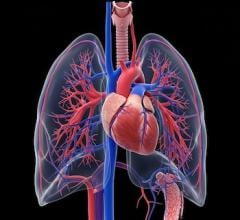
 January 21, 2026
January 21, 2026 

